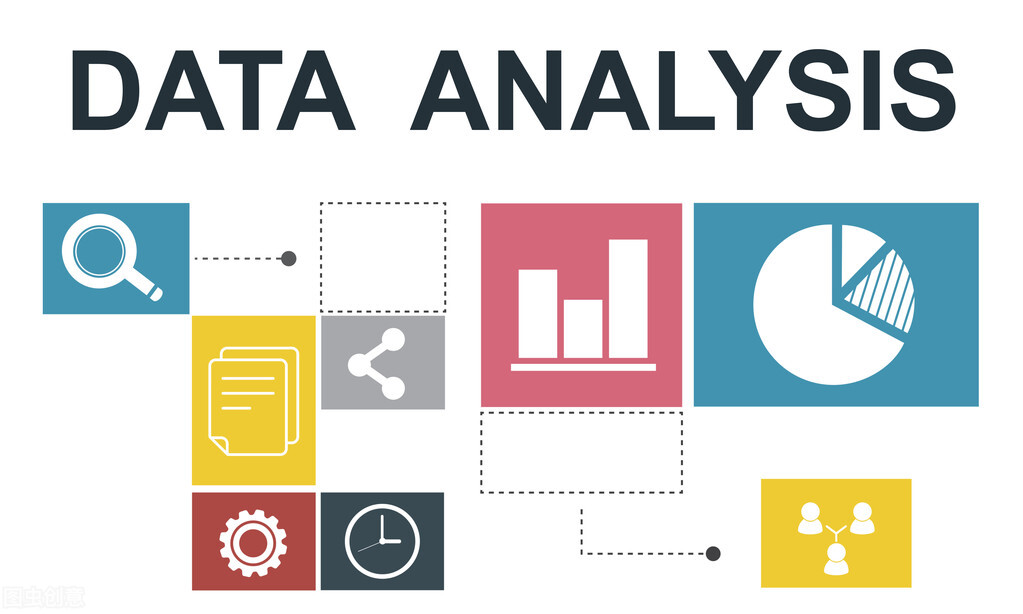content
Tasks for a Novice Data Scientist
4 Common Mistakes Newbie/Business Data Scientists Make
What skills should a professional data scientist have?

Everyone is looking at data scientists. Data analysts have such high salaries and good treatment. Many people interview for data analyst positions right after graduation. Some people transfer from other positions, such as product managers, operations, development and other positions to do data. Analytics or Data Scientist.
Usually such data scientists are called "novice" or "amateur". In the process of work, they inevitably take a lot of detours and make big and small mistakes. Before watching their common mistakes, we first Let's take a look at the most common tasks novice/amateur data scientists receive.

Tasks for a Novice Data Scientist
- Mining data from different databases to drive the product development of the enterprise. Develop algorithms and data models to apply to the datasets that will be used in the business.
- Collaborate with stakeholders to help companies identify opportunities to enhance the value of corporate data, adding value through data-driven business solutions at hand.
- Evaluate the accuracy of all data sources within the organization.
- Leverage predictive modeling techniques to increase revenue, optimize ad targeting, and deliver a great customer experience.
- Develop test models to improve the test framework.
- Coordinate with different teams in the company to ensure proper implementation of the model. Continuously monitor the model and identify problems in a timely manner.
- Develop tools for improving the accuracy of accessing data and evaluating model performance.

4 Common Mistakes Newbie/Business Data Scientists Make
After receiving a job assignment, novice/business data scientists have almost zero experience because they have not systematically learned data analysis, nor have they been trained, so they make these mistakes at work:
1. A lot of incomprehensible data is presented without data visualization. Data is not only for data scientists to see, but also to teams, leaders, and customers. Data that has not been visualized can easily make people lose sight of the key points, let alone discover any value from it.
2. Learn multiple tools at once. Many amateur data scientists want to learn all the tools at once, which can really confuse people's skills, a little of this skill, a little of that, but not deep and comprehensive.
So, for beginners, learn and master 1-2 tools first, and use them frequently until you are proficient, and then expand to learn more tools.
Beginning scientists should remember that tools are not learned for learning's sake, it is better to start with your job needs and choose which tools to learn and use.
3. Lack of structured approach to problem solving. Structuring is a great way to solve problems, it helps break down the problem into logical parts and helps you visualize each corresponding solution. . Solve the problem incrementally rather than trying to solve it as a whole.
4. Focus on achieving model accuracy rather than interpretability and applicability. Of course, model accuracy is a goal, but if you can't explain how you got 96% accuracy on the model, and what features help the business what, then it's hard for the team to accept the model.

What skills should a professional data scientist have?
Now that we know the common mistakes amateur data scientists make, let’s take a look at what skills a professional data scientist should have:
Programming: No matter what company or role you are in as a data scientist, it is essential to understand the ins and outs of programming as it helps to understand industry tools like Python and SQL.
Statistics: We can't say enough about the role of statistics in developing great data scientists. Data analysis is an essential part of being a data scientist, and to do this you need a strong grasp of statistics.
Machine Learning: Understanding machine learning algorithms such as random forests and ensemble methods is an advanced course for professional data scientists.
Data sorting: The data you dug are raw data that is not sorted, and most of the time what others give you are also raw data, which requires your own cleaning and sorting.
Data visualization: Data scientists who don’t know how to visualize data will be ridiculed by their peers.
If you don't have these skills, or the skills are too shallow, St. Pron's data science courses can provide you with a systematic training course to help you grow from an amateur novice to a professional data analyst/scientist.